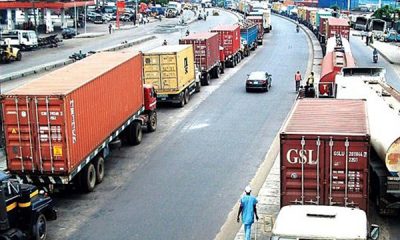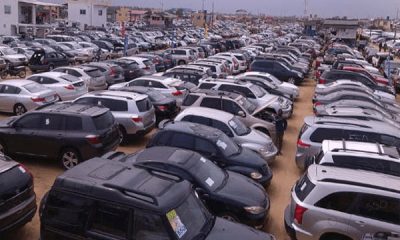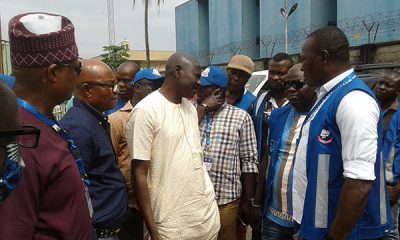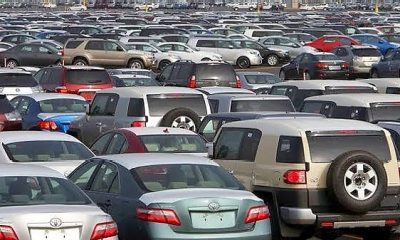VIN valuation to increase vehicles cost, put Nigerians out of business, says clearing agents.
NAGAFF questions why agents have to pay duties of 2013 even if they were bringing vehicles of 1970.
It said there are plans to come together to agree on a way to further implore the Customs to have further discussions.
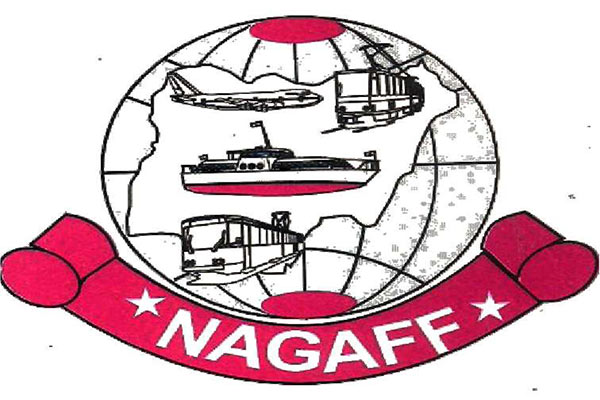 The National Association of Government Approved Freight Forwarders (NAGAFF), over the weekend, said the implementation of the Vehicle Identification Number (VIN) Valuation of the Nigeria Customs Service (NCS), will make the cost of vehicles expensive and put a lot of people out of business.
The National Association of Government Approved Freight Forwarders (NAGAFF), over the weekend, said the implementation of the Vehicle Identification Number (VIN) Valuation of the Nigeria Customs Service (NCS), will make the cost of vehicles expensive and put a lot of people out of business.
Speaking, the deputy national president, NAGAFF, Segun Musa, said VIN is going through teething problems including issues of values with minimum years.
He said, “to the best of my knowledge, the VIN is still going through some teething problems, including issues of values with minimum years which have also been introduced. It is not everybody that can afford to buy a vehicle of 2013 and the minimum year for VIN is 2013.
“If you are bringing in a vehicle of 1970, you have to pay for 2013 as the Customs duty. So, it will make the cost of vehicles expensive, and not only that, it will also put a lot of people out of business. Then, aside from that, with the introduction of Customs modernization, all these will also be integrated and the best approach will be deployed. So, I think it is a matter of time.”
Though, he said vehicle clearance was going on at the ports, but duty payment has gone increasingly high.
He, however, disclosed that clearing agents will engage the customs service on high duty on vehicles.
“We have people who have been able to go through the processes. They had no option but to pay duties of 2013 even if they were bringing vehicles of 1970. We have further plans to engage Customs, but the associations need to come together and agree on a way to further implore the Customs to have further discussions.”
Musa, also asked the federal government to unban Importation of rice through seaports, saying the government should allow the importation of foreign rice because Nigeria hasn’t reached self-sufficiency in rice.
According to him, since the nation’s milling process is faulty, there is no country around the world where the government says that everybody must consume locally-made rice.
He said, “there is no way the government can stop this. What the government needs to do is to allow this thing to come in and whatever revenue that must be collected on the commodity can be given out to all these rice farmers and millers to improve the quality of rice.
“There is no country around the world where the government says that everybody must consume locally-made rice. You can only make the imported rice premium rice, where people will pay more. You cannot force people to eat rice with stones, and we have foreigners in this country and you can’t force them to eat rice with stones. Our milling process is still faulty.”
“I have been appealing to the government not to ban rice, importation and I have engaged a lot of stakeholders on that. The economy of comparative advantage allows you to concentrate on areas where you have an advantage and in areas where you do not have the competency, you outsource and co-source.
“As far as Nigeria is concerned, we don’t have a comparative advantage in rice farming. It will interest you to know that if you cultivate rice in all the acres of land available in Nigeria, you will get 1.6million metric tons per hectare.”
“That is what we can grow. And Nigeria needs a minimum of 3.6 metric tons per hectare for our local consumption. So, already, we have a deficit of almost 2 million metric tons per hectare. Again, due to industrialization, shelter, and others, we have occupied the major part of the land that can grow rice.”

 News5 days ago
News5 days ago
 News1 week ago
News1 week ago
 News1 week ago
News1 week ago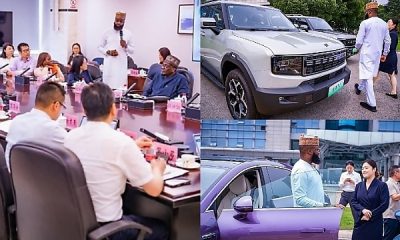
 News6 days ago
News6 days ago
 News6 days ago
News6 days ago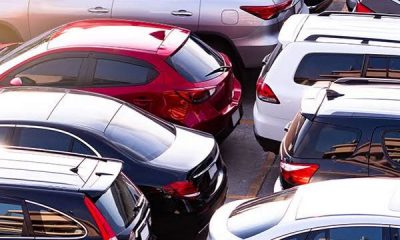
 News5 days ago
News5 days ago
 Car Facts4 days ago
Car Facts4 days ago
 News1 week ago
News1 week ago
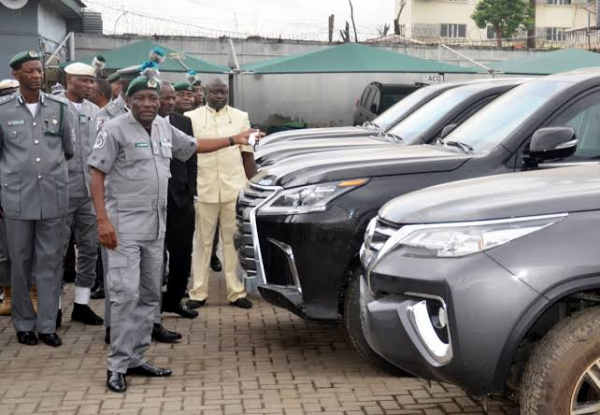
 The
The 

